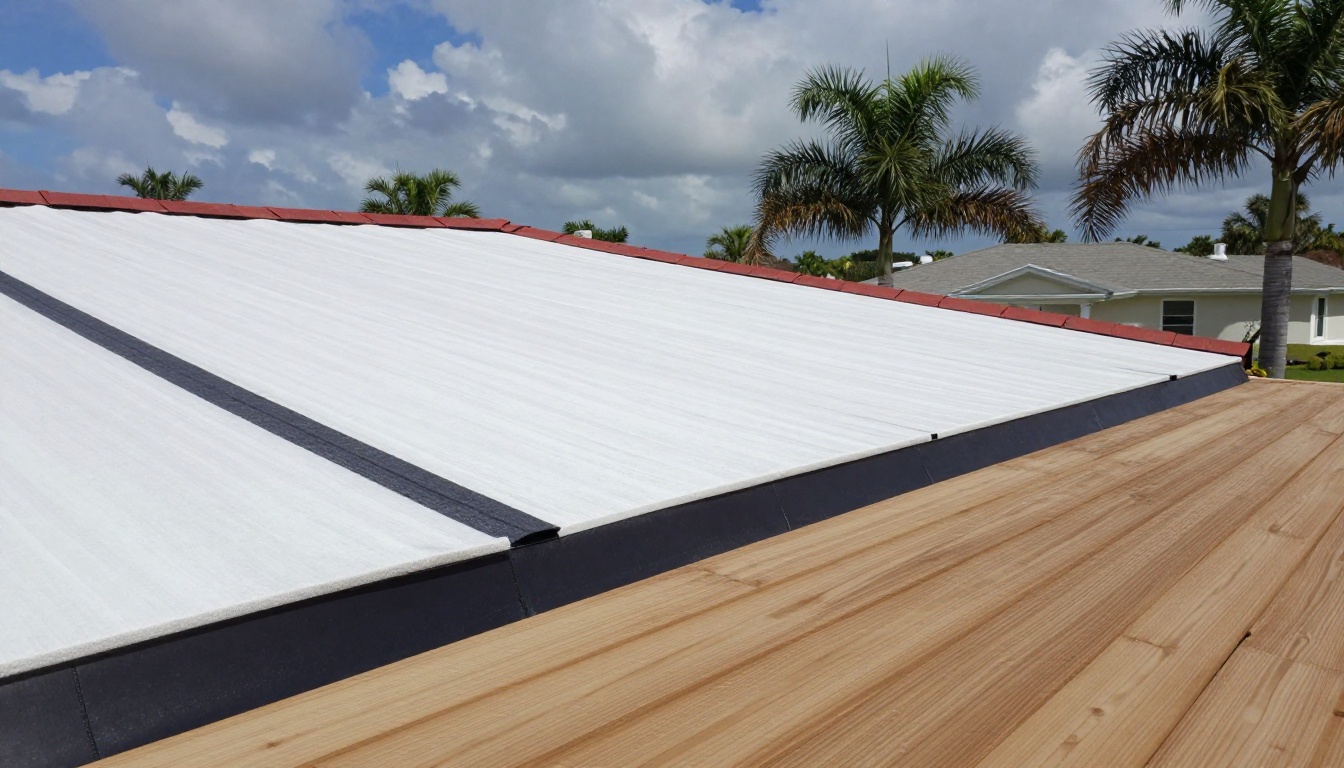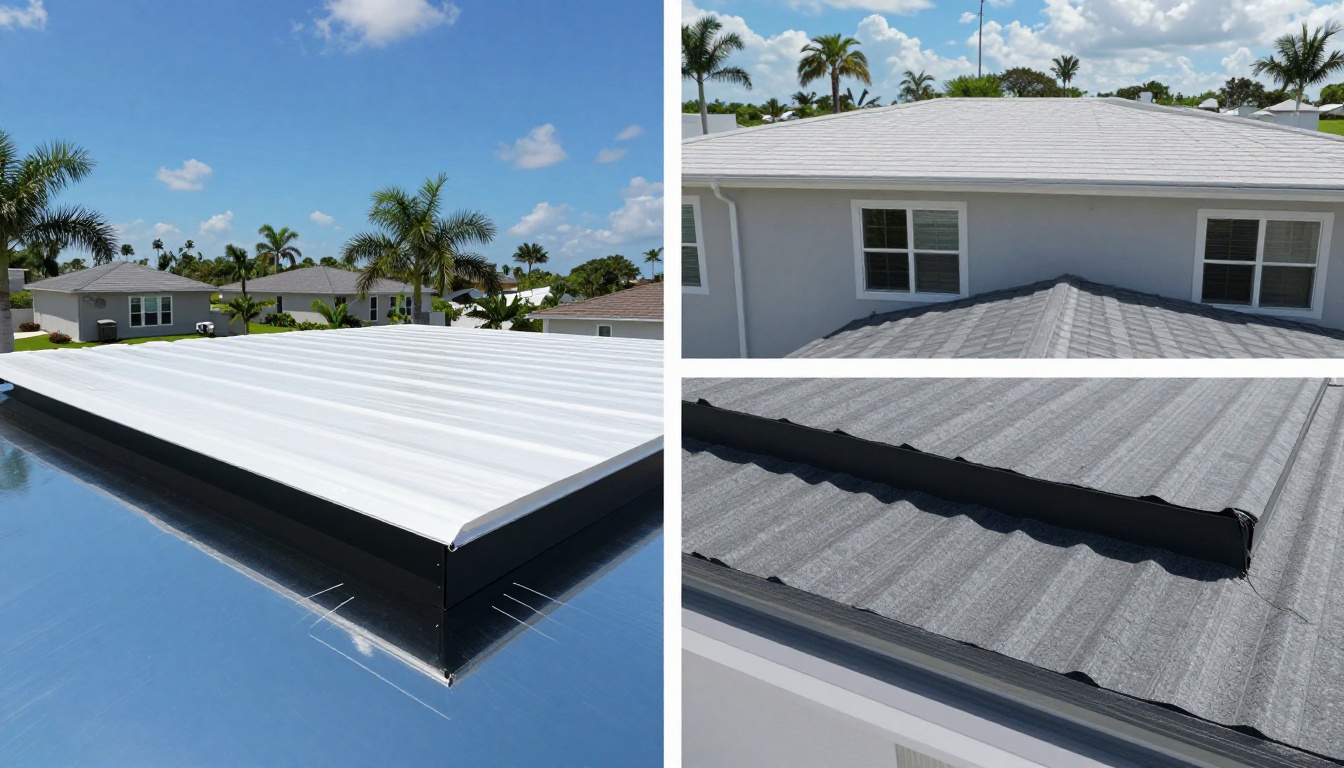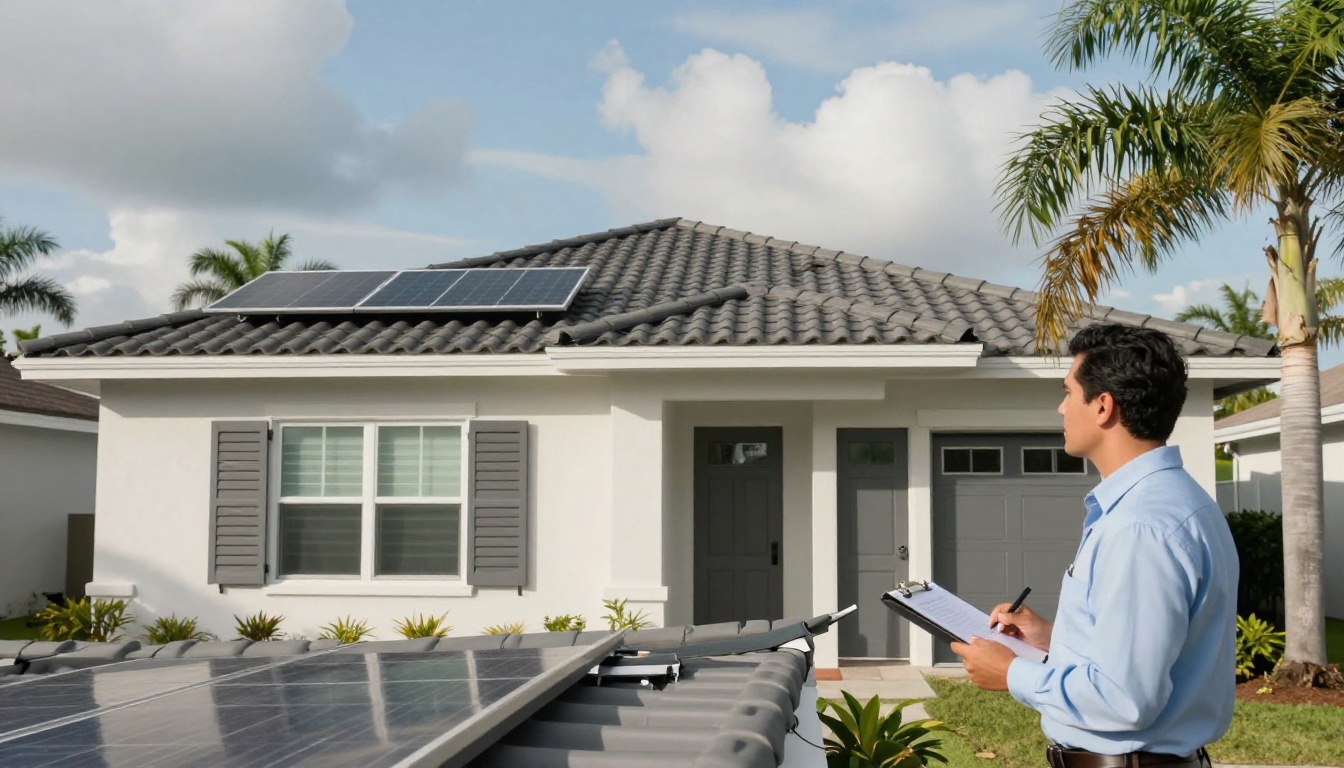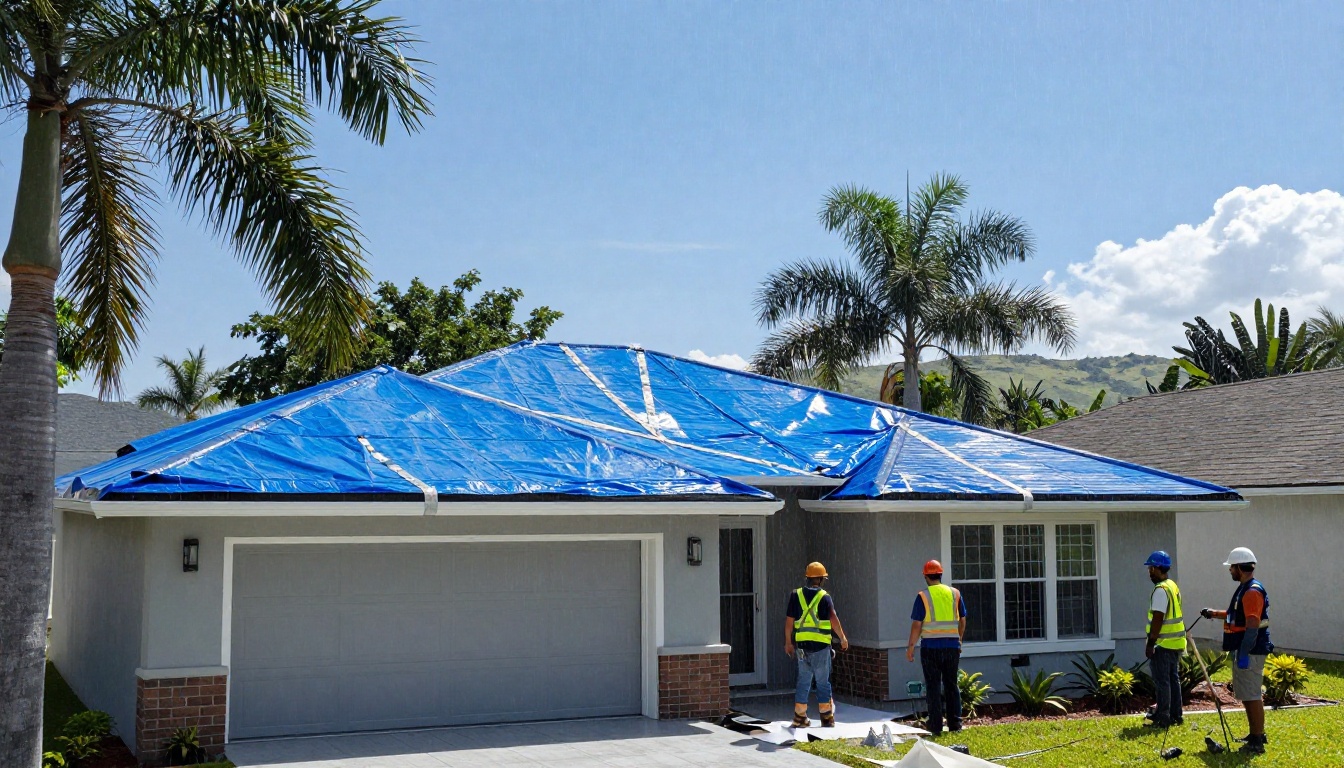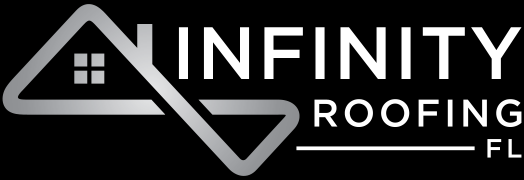Hurricane-Proofing Your Roof: A Guide for Cape Coral Homeowners
Hurricane-Proofing Your Roof: A Guide for Cape Coral Homeowners
Understanding the Cape Coral Hurricane Risk
Cape Coral, located on Florida's Gulf Coast, is no stranger to hurricanes. Its coastal position makes it particularly vulnerable during the Atlantic hurricane season, which runs from June to November. Hurricanes bring not only heavy rain but also powerful winds that can wreak havoc on homes, and roofs are often the first line of defense—and the most susceptible to damage. When a roof fails during a hurricane, it compromises the entire structure, leading to costly repairs or even total loss.
The consequences of roof failure extend beyond financial burdens. A damaged roof can expose your home to water intrusion, mold growth, and structural weakening. For Cape Coral homeowners, understanding these risks is the first step toward safeguarding their property. By taking proactive measures, you can protect your family’s safety and avoid the stress of post-storm recovery.
Key Features of a Hurricane-Resistant Roof
A hurricane-resistant roof is designed to withstand extreme weather conditions by incorporating specific features. These include impact resistance to handle flying debris, wind resistance to prevent uplift, waterproofing to stop leaks, and structural integrity to ensure the roof stays intact. Industry standards, such as those set by the International Building Code (IBC), provide guidelines for constructing roofs capable of enduring hurricane-force winds.
For Cape Coral homeowners, investing in a hurricane-resistant roof means looking for materials and designs tested to meet or exceed these standards. This ensures your roof can endure wind speeds typical of Category 3 or higher hurricanes, which are not uncommon in this region. Transitioning to such a roof not only enhances safety but also adds long-term value to your home.
Best Roofing Materials for Hurricane Protection
When it comes to hurricane-proof roofing, material choice plays a critical role. Metal roofs are highly recommended due to their durability and ability to withstand wind speeds of up to 140 mph. They’re also lightweight, reducing strain on your home’s structure. Asphalt shingles , while more affordable, vary in quality—some are specifically designed to resist high winds but may not match the longevity of metal.
Concrete tiles offer excellent wind resistance and fireproofing but can be heavy and require proper installation to avoid cracking under pressure. Specialty wind-resistant shingles are another option, combining affordability with improved performance in storms. Each material has its pros and cons, so it’s essential to weigh factors like cost, durability, and maintenance when making a decision.
Ultimately, metal roofs stand out as a top choice for Cape Coral homeowners seeking maximum protection. Their resilience against both wind and water makes them a worthwhile investment, especially given the frequency of severe storms in the area. Choosing the right material now can save significant headaches later.
Optimal Roof Design for Cape Coral Homes
The design of your roof significantly impacts its ability to withstand hurricanes. Hip roofs, which slope downward on all four sides, are generally considered more aerodynamic and better at resisting high winds compared to gable roofs. Additionally, minimizing overhangs and eaves reduces the risk of wind catching and tearing off parts of the roof.
Beyond shape, the pitch or slope of the roof matters too. Steeper slopes help shed water more effectively, reducing the likelihood of leaks during torrential rains. While hip roofs may cost slightly more to install, their superior performance in hurricane-prone areas makes them a smart investment for Cape Coral residents looking to fortify their homes.
Permitting and Building Code Requirements in Cape Coral
Cape Coral enforces strict building codes to ensure homes are constructed to withstand hurricanes. Before replacing or reinforcing a roof , homeowners must obtain the necessary permits and adhere to local regulations. These codes specify requirements for materials, fasteners, and structural reinforcements, ensuring compliance with safety standards.
Adhering to these codes not only protects your home but also affects your insurance premiums and resale value. Insurers often offer discounts for homes built to modern hurricane-resistant standards, while buyers prefer properties that meet current safety guidelines. Understanding and following these rules is a win-win for both safety and finances.
Installation: Professional Tips for Hurricane-Proof Roofs
Proper installation is just as important as selecting the right materials. Using hurricane straps—metal connectors that secure the roof to the walls—can dramatically improve wind resistance. Sealed roof decks and secondary water barriers add extra layers of protection against leaks and water damage.
Homeowners should hire experienced professionals familiar with IBHS and FEMA recommendations for hurricane-proofing roofs. These experts understand the nuances of securing roofs in storm-prone areas and can ensure your project meets all necessary standards. Cutting corners during installation can lead to catastrophic failures, so always prioritize quality workmanship.
Roof Maintenance Strategies to Withstand Hurricanes
Regular maintenance is key to keeping your roof hurricane-ready. Schedule annual inspections to identify and address minor issues before they escalate into major problems. Tasks like tightening loose fasteners, replacing missing shingles, and cleaning gutters can make a big difference in preventing water intrusion and wind damage.
Don’t overlook flashing around chimneys and vents, as these areas are prone to leaks if neglected. Proactive maintenance not only extends the life of your roof but also gives you peace of mind knowing your home is prepared for the next storm. A well-maintained roof is your best defense against unpredictable weather.
Retrofitting Existing Roofs for Better Hurricane Resistance
If replacing your roof isn’t feasible, retrofitting can enhance its hurricane resistance. Re-nailing sheathing, adding sealed roof decks, and installing hurricane clips are effective upgrades. These modifications strengthen the connection between the roof and the rest of the house, reducing the risk of blow-offs during high winds.
While retrofitting involves upfront costs, it’s often more affordable than a full replacement and provides substantial benefits. For Cape Coral homeowners with older roofs, evaluating the condition and considering targeted upgrades can strike a balance between budget constraints and improved safety. Every little improvement counts when preparing for hurricane season.
Insurance Considerations for Hurricane-Proof Roofs
Investing in a hurricane-proof roof can lead to lower insurance premiums, as many insurers offer discounts for homes equipped with wind-resistant features. Be sure to document upgrades and retain receipts, as this information is crucial for securing rate reductions and filing claims after a storm.
Financial Incentives and Assistance for Roof Upgrades
Cape Coral homeowners may qualify for financial assistance to offset the cost of hurricane-proofing their roofs. State and local programs, including grants, low-interest loans, and tax incentives, are available through Lee County and other organizations. Exploring these options can make upgrading your roof more accessible and affordable.
Signs Your Roof Needs an Immediate Upgrade
Before hurricane season arrives, inspect your roof for warning signs like leaks, missing or curling shingles , sagging areas, or visible structural damage. Addressing these issues promptly can prevent further deterioration and ensure your roof is ready to face the elements.
Choosing a Qualified Roofing Contractor in Cape Coral
Selecting the right contractor is crucial for a successful roof upgrade. Start by verifying their license and insurance coverage to protect yourself from liability. Ask for references and review past projects to gauge their experience with hurricane-resistant roofs.
Additionally, inquire about warranties and guarantees on both materials and labor. A reputable contractor will provide clear communication, transparent pricing, and a detailed timeline for the project. Taking the time to vet contractors ensures your investment yields lasting results.
Frequently Asked Questions (FAQ)
How much wind can a hurricane-proof roof withstand?
Hurricane-proof roofs are designed to handle wind speeds of up to 140 mph or more, depending on the material and installation. Metal roofs , for instance, excel in high-wind scenarios, making them ideal for Cape Coral’s climate.
Will I need permits for roof replacement or reinforcement?
Yes, permits are required for major roof work in Cape Coral. The permitting process ensures compliance with local building codes and involves inspections to verify proper installation.
Is metal roofing better than shingles for hurricanes?
Metal roofing outperforms traditional shingles in terms of durability, wind uplift resistance, and lifespan. While it may have a higher upfront cost, its long-term benefits make it a superior choice for hurricane-prone areas.
What regular maintenance should I do before hurricane season?
Inspect your roof for damage, clean gutters and downspouts, check flashing and seals, and replace any worn or missing shingles. These steps help minimize vulnerabilities before a storm hits.
Can I retrofit my current roof, or do I need a complete replacement?
Whether to retrofit or replace depends on the age and condition of your roof. If it’s relatively new but lacks hurricane-resistant features, retrofitting might suffice. Older roofs, however, may benefit from a full replacement to ensure optimal protection.
Conclusion
Hurricane-proofing your roof is one of the most important steps Cape Coral homeowners can take to protect their families and investments. From choosing durable materials and optimal designs to adhering to building codes and maintaining your roof, every action contributes to greater resilience. Remember, preparation today can prevent disasters tomorrow.
Don’t wait until hurricane season is upon us—take action now. Schedule an inspection, explore upgrade options, or consult with a professional to ensure your roof is secure and compliant. By doing so, you’ll not only safeguard your home but also enjoy peace of mind knowing you’re ready for whatever nature throws your way.
